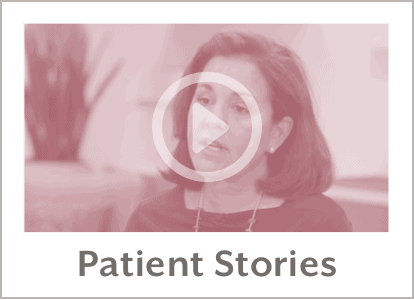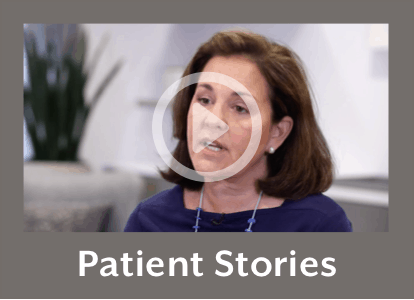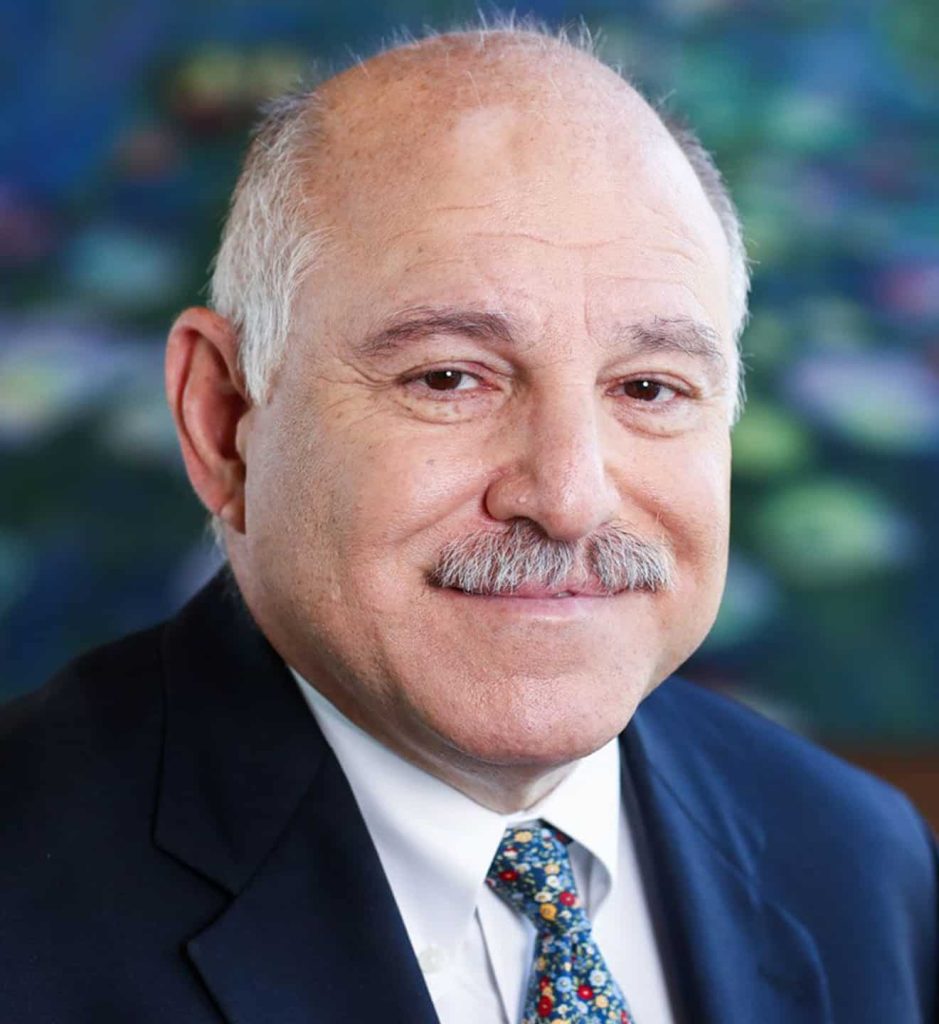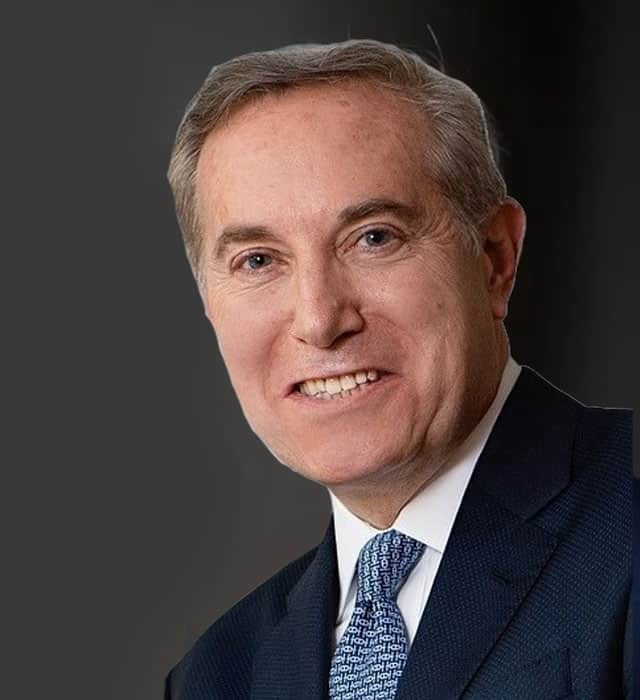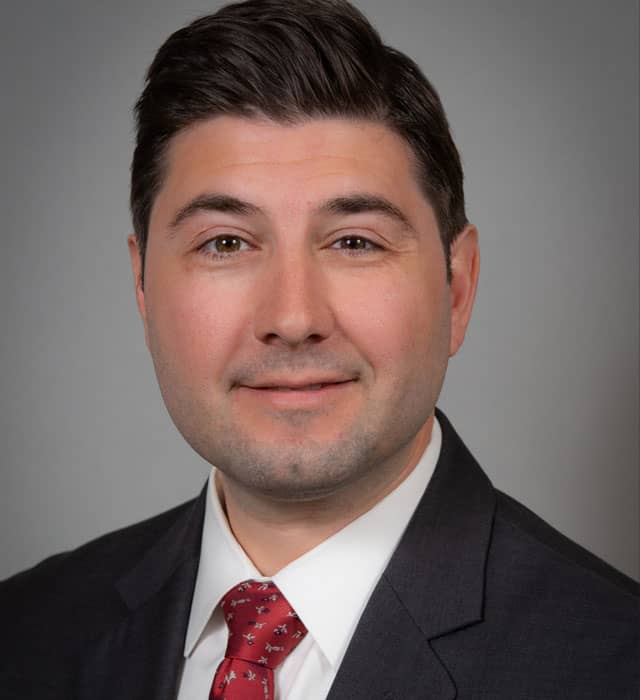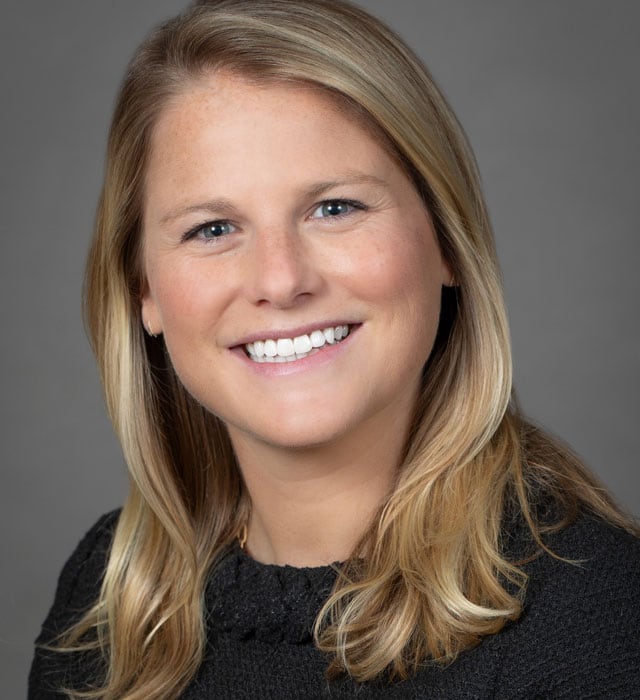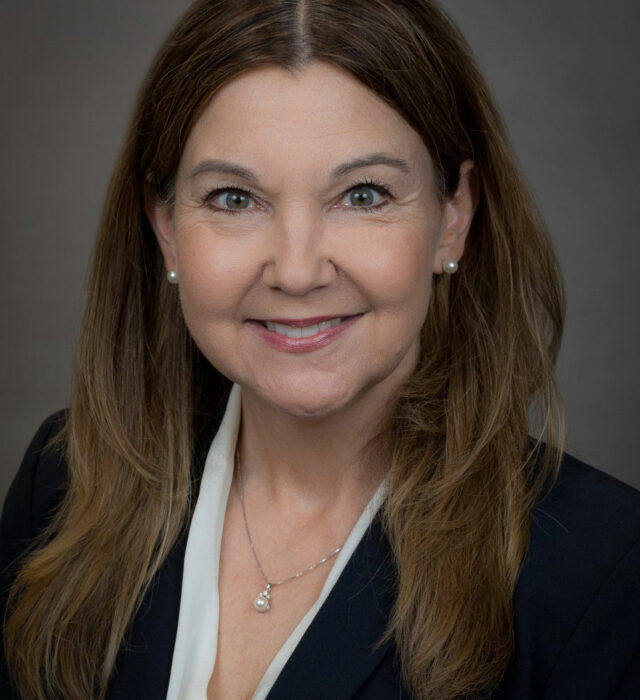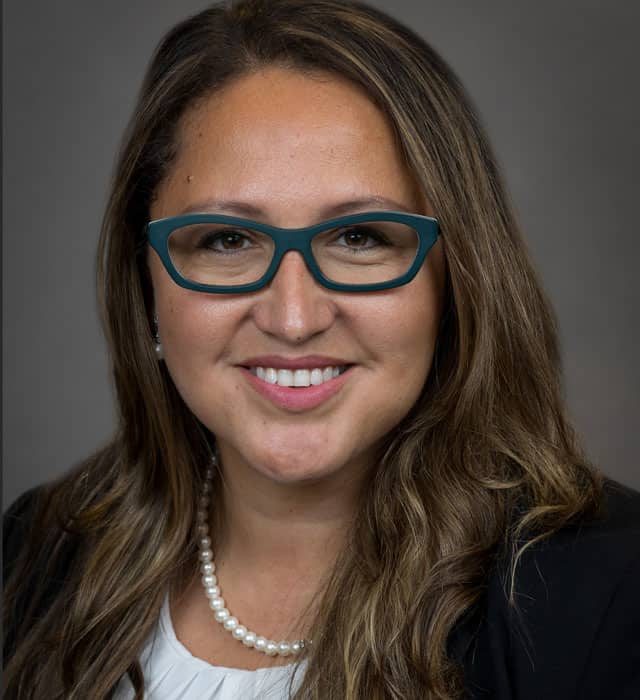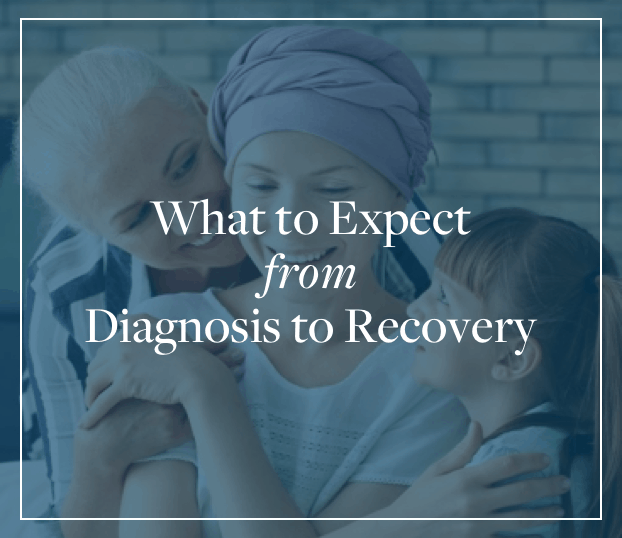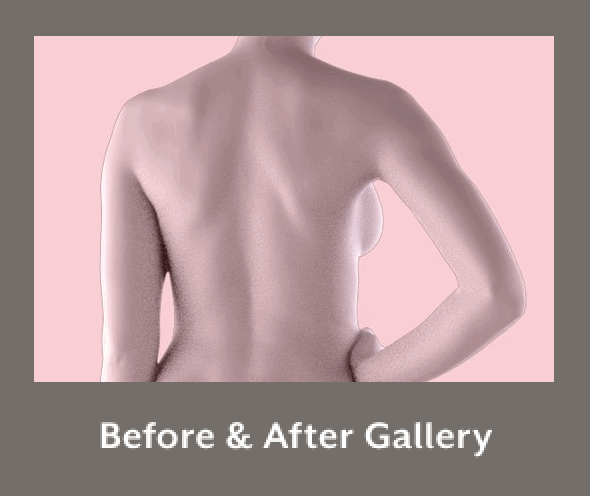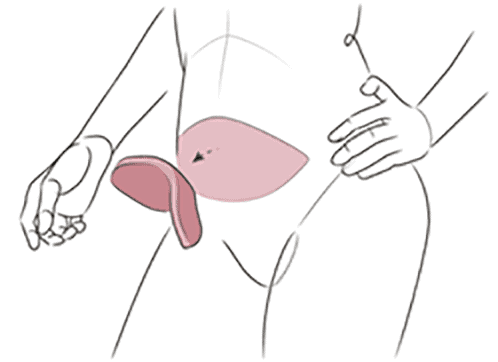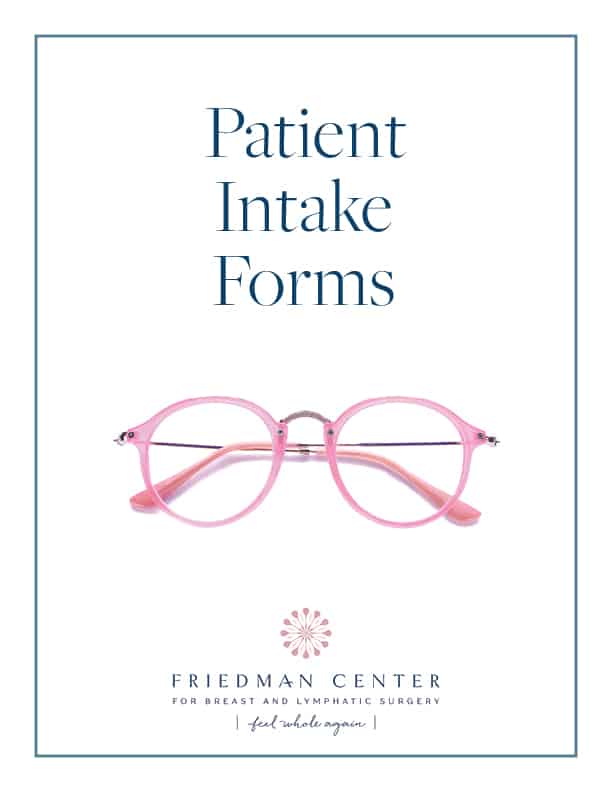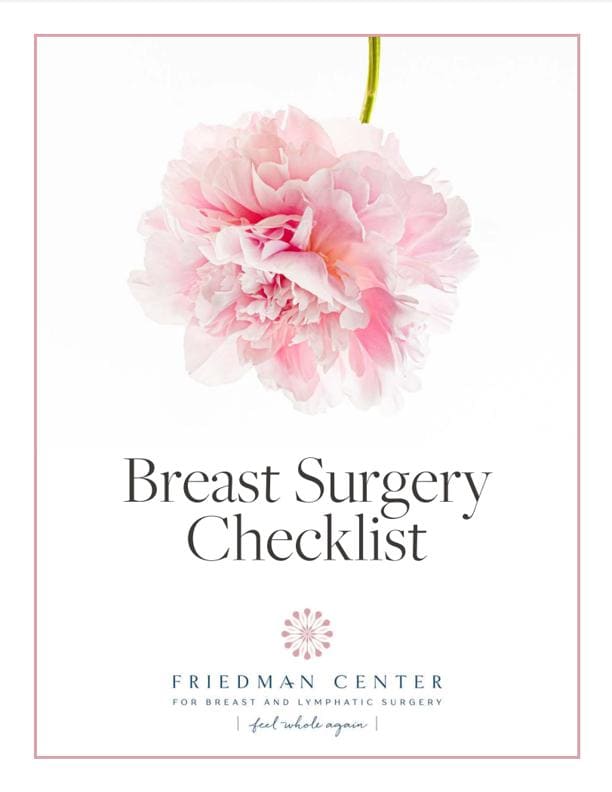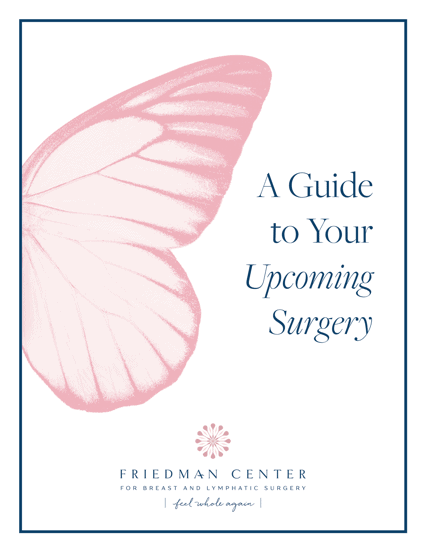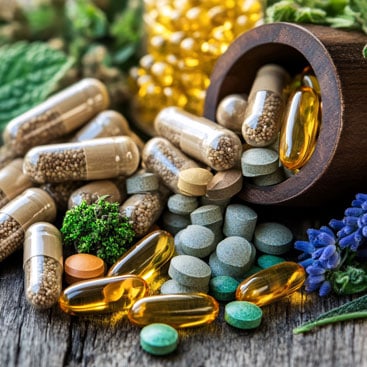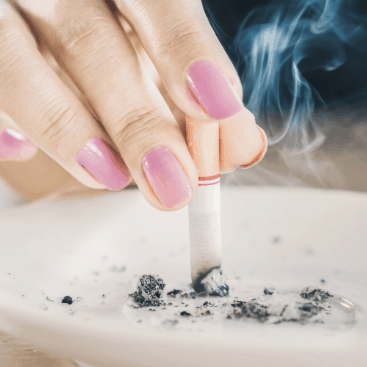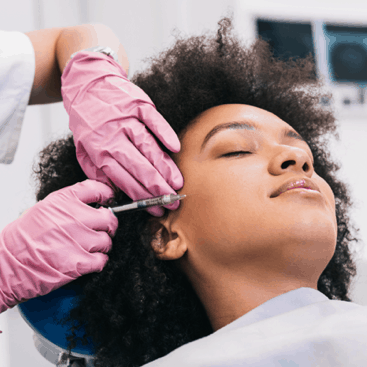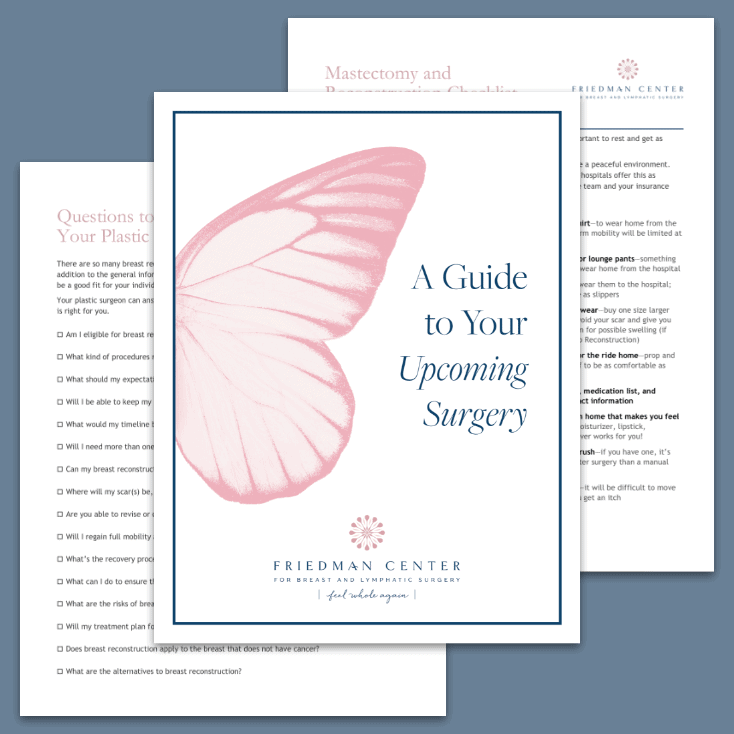PATIENT CARE BEFORE & AFTER SURGERY
We’re here to help you heal.
With all the buildup to breast reconstruction—making decisions, planning procedures, scheduling surgeries—it’s easy to forget that the real healing begins after reconstruction is complete. You’ll need plenty of time and space to rest in the days and even weeks after surgery.
The team at the Friedman Center is here to support you through the recovery process. Whether you’re scheduling postoperative appointments, looking for a physical therapist, or wanting to connect with other women who have gone through breast reconstruction, we’re eager to assist you.

Enhanced Recovery Pathway (ERP) Protocol
Our physicians use an Enhanced Recovery Pathway (ERP) protocol designed for microsurgical breast reconstruction. After surgery, the ERAS protocol is used to decrease pain, reduce the need for medication, and get you out of the hospital and back home more quickly.
Prehab & Rehab
One of the best things you can do to speed up your recovery process is to be as healthy as possible going into surgery. To the best of your ability, try to get plenty of rest, stay physically active, make healthy food choices, and stay hydrated before your breast reconstruction. It’s not about being perfect—you may be juggling chemotherapy or radiation treatments along with family and work—but the stronger you can be prior to surgery, the better.
Your team at the Friedman Center will provide you with details about the recovery process for your specific surgery. For general information on recovery from breast reconstruction, visit our Prehab & Rehab page.
Smoking and Breast Reconstruction
Smoking significantly increases the risk of complications during breast reconstruction. Following a mastectomy, much of the blood supply to the overlying skin is removed. Similarly, when transferring tissue during reconstruction, the blood supply is disrupted to the tissues in order to move the tissue to its new location. Smoking further constricts blood vessels, which decreases blood flow and oxygen levels in the blood. As a result, smoking carries a significant risk of tissue loss, which can result in infection as well as failure of the reconstruction.
Smoking also increases the risk of blood clots forming in the vessels. This condition can lead to pulmonary emboli (blood clots traveling to the lungs), which can be fatal. Finally, smoking decreases your ability to clear mucus in your lungs after surgery, which can result in pneumonia. For these reasons, your surgeon may alter your reconstructive plan and will advise you to enroll in a smoking cessation program prior to undergoing breast reconstruction.
Mindbody Integration
Your mental state and physical well-being are intimately connected. Modalities and therapies that reduce or release stress, such as meditation, yoga, acupuncture, and massage have been shown to have a significant positive effect on your quality of life as well as your surgical outcome. You’ll be happier and healthier in body, mind, and spirit.
Postsurgical Bras
After reconstruction, support is key—especially for your new breasts! Learn how to find a well-fitting bra, where to purchase special postsurgical garments, and what your insurance may cover.
Beauty & Cosmetic Medical Procedures
Cancer treatment and the stress associated with it can be taxing on your body and well-being. Give yourself the attention you deserve with spa days, make-up tutorials, wig and cold-capping resources, and more.
After breast cancer treatment is complete, we also offer cosmetic medical procedures such as Botox and dermal fillers to revitalize your skin and let your inner beauty shine through.
Patient Forms & Resources
Find the forms, lists, and guides you’ll need throughout the reconstruction process.

